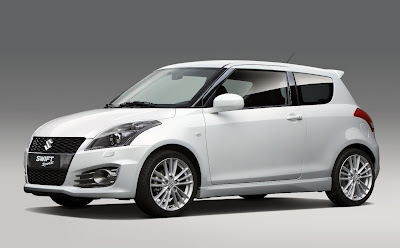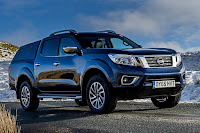Suzuki’s fuel-cell scooter
Could a production version of the Suzuki Burgman Fuel-Cell Scooter be closer to reality?
The model has just earned European Union Whole Vehicle Type Approval, meaning that each example built for the development programme now no longer needs to go through Single Vehicle Approval to check conformity to safety and environmental standards.
EU approval is important to the project, because the bike’s hydrogen fuel-cell was developed by UK firm Intelligent Energy, and the Burgman’s trials are centred on Loughborough University in Leicestershire, England.
Arguably, electric vehicles that take their charge from a fuel-cell are a much more practical proposition compared to those that use a battery. There’s no recharging time, the only emission is water and range anxiety is an alien concept.
The current downsides, however, are the amount of energy required to obtain the hydrogen in the first place and the lack of a refuelling infrastructure.
The model has just earned European Union Whole Vehicle Type Approval, meaning that each example built for the development programme now no longer needs to go through Single Vehicle Approval to check conformity to safety and environmental standards.
EU approval is important to the project, because the bike’s hydrogen fuel-cell was developed by UK firm Intelligent Energy, and the Burgman’s trials are centred on Loughborough University in Leicestershire, England.
Arguably, electric vehicles that take their charge from a fuel-cell are a much more practical proposition compared to those that use a battery. There’s no recharging time, the only emission is water and range anxiety is an alien concept.
The current downsides, however, are the amount of energy required to obtain the hydrogen in the first place and the lack of a refuelling infrastructure.



+Front+Side.jpg)

%2BFront%2BSide.jpg)
+Front+Side+1.jpg)



Comments
Post a Comment